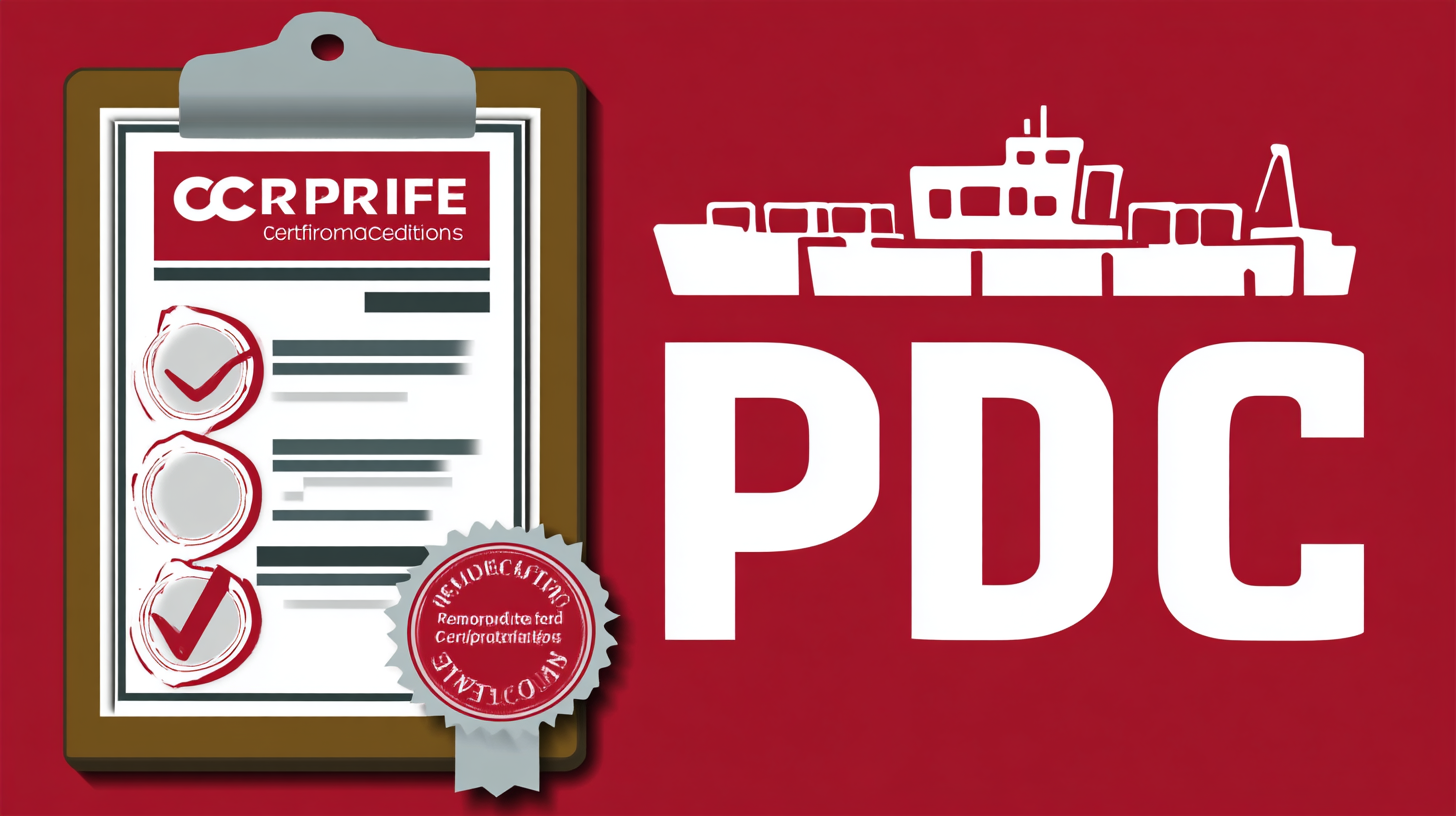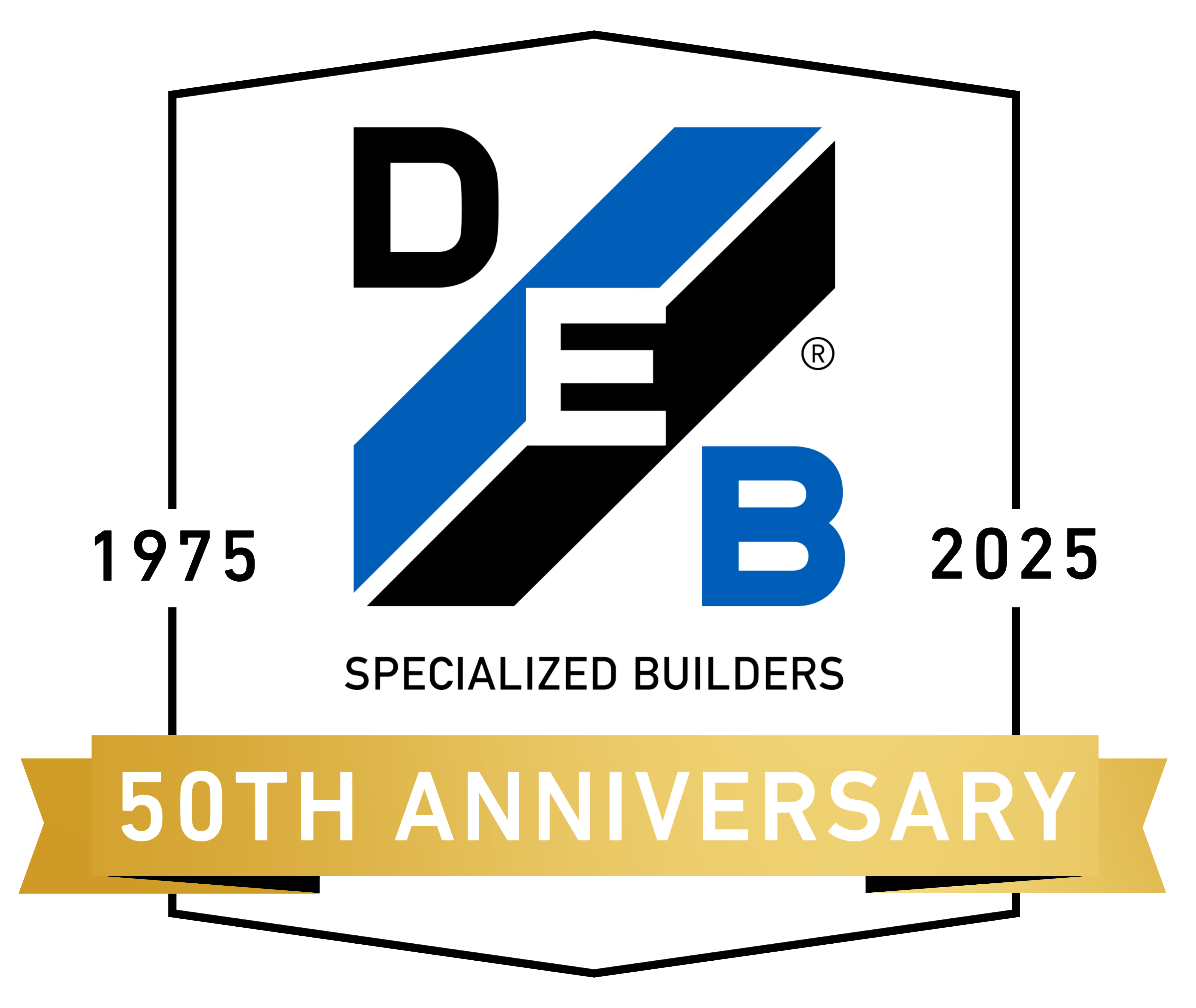How to Navigate International Import and Export Certifications for Your Best Remodeling Contractor Business
As the global market for the remodeling industry continues to expand, particularly with projections indicating a potential growth of 4.5% annually through 2025, understanding international import and export certifications becomes pivotal for remodeling contractors looking to thrive in this competitive landscape.
 According to a recent industry report by IBISWorld, the remodeling sector has seen significant transformations, requiring contractors to adapt to new standards and regulatory frameworks to ensure compliance and maintain a competitive edge.
Navigating these certifications not only facilitates smoother cross-border operations but also enhances credibility and trust with clients.
Consequently, remodeling contractors must equip themselves with the knowledge and tools necessary to navigate this complex terrain, leveraging industry insights to position their businesses for success in the evolving market.
According to a recent industry report by IBISWorld, the remodeling sector has seen significant transformations, requiring contractors to adapt to new standards and regulatory frameworks to ensure compliance and maintain a competitive edge.
Navigating these certifications not only facilitates smoother cross-border operations but also enhances credibility and trust with clients.
Consequently, remodeling contractors must equip themselves with the knowledge and tools necessary to navigate this complex terrain, leveraging industry insights to position their businesses for success in the evolving market.
Understanding the Importance of Certifications in the Remodeling Industry
In the remodeling industry, certifications play a crucial role in establishing credibility and trust with clients. They not only validate a contractor's skills and expertise but also demonstrate adherence to industry standards and regulations. Clients are more likely to choose a contractor who holds relevant certifications, as it assures them of quality workmanship and compliance with safety regulations. As the demand for remodeling services continues to grow globally, navigating through the myriad of international import and export certifications becomes increasingly important for contractors looking to expand their business.
Understanding the importance of these certifications goes beyond mere compliance; it can significantly impact a contractor's competitive edge in the market. Certifications can vary by region and specialty, from safety and quality assurance to environmental standards. Familiarizing oneself with these requirements not only enhances a contractor's reputation but also opens doors to new markets and partnerships. By investing in the right certifications, remodeling contractors can effectively differentiate themselves, attract a wider clientele, and ultimately ensure the success of their business in an ever-evolving industry.
Key Certifications for Remodeling Contractors: A Comprehensive Guide
Navigating international import and export certifications is crucial for remodeling contractors looking to expand their businesses globally. Key certifications not only demonstrate compliance with various regulations but also enhance a contractor's credibility. The International Code Council (ICC) reports that over 75% of consumers regard certified contractors as more trustworthy than their non-certified counterparts. This trust can significantly affect business opportunities and client acquisition, making certification a wise investment.

Among the essential certifications, the National Institute of Certification in Engineering Technologies (NICET) is particularly relevant. In a survey conducted by NICET, 82% of industry professionals indicated that possessing NICET certification significantly improved their marketability. Furthermore, certifications related to environmental management systems, such as ISO 14001, are increasingly valued as eco-consciousness rises. A report by the Global Environmental Management Initiative highlighted that businesses committed to sustainability saw a 20% increase in customer loyalty.
For remodeling contractors, obtaining these certifications not only aligns them with industry standards but also positions them favorably in a competitive international landscape.
Navigating Import and Export Regulations for Remodeling Materials
Navigating import and export regulations for remodeling materials has become an increasingly complex endeavor in today’s volatile economic climate. With recent developments in US tariffs, including significant levies on steel, aluminum, and numerous imports from countries like China, remodeling contractors must adapt their strategies to manage rising costs and supply chain disruptions. These tariffs not only elevate material prices but also redraw traditional trade routes, pushing businesses to rethink their sourcing strategies and consider alternative suppliers to mitigate risks.
Moreover, understanding the intricate landscape of import and export certifications is essential for remodeling contractors who wish to remain competitive. Knowledge of regulatory compliance, such as FAR and DFARS clauses, can greatly affect the cost recovery process related to duties and taxes. As the construction sector experiences turbulence due to global trade policy shifts, staying informed about these regulations can empower businesses to make informed decisions, enabling them to navigate potential challenges effectively and prioritize their resources for successful remodeling projects.

Maximizing After-Sales Service Benefits through Proper Certification
In the highly competitive remodeling contractor industry, positioning your business for success often hinges on the quality of after-sales services you provide. Proper certification plays a crucial role in maximizing these benefits, as it not only enhances your credibility but also assures clients of your professional standards. By obtaining relevant international import and export certifications, contractors can instill confidence in their services, showcasing a commitment to quality and compliance with global standards.
Investing time and resources in the certification process can significantly differentiate your business from competitors. Certifications can act as a marketing tool, signaling to potential clients that your work meets specific quality benchmarks. Furthermore, easily identifiable certifications can simplify the decision-making process for clients, as they often prefer contractors who are recognized for their adherence to superior practices. Additionally, effective after-sales service backed by proper certifications can lead to increased customer loyalty and referrals, creating a robust network of satisfied clients who can vouch for your reliability and excellence in remodeling services.
How to Navigate International Import and Export Certifications for Your Best Remodeling Contractor Business - Maximizing After-Sales Service Benefits through Proper Certification
| Certification Type | Issuing Authority | Importance | Validity Period | Renewal Procedure |
|---|---|---|---|---|
| ISO 9001 | International Organization for Standardization | Ensures quality management systems are in place | 3 years | Annual audit required |
| CE Marking | European Union | Indicates conformity with health, safety, and environmental protection standards | Varies by product | Re-evaluation based on product changes |
| LEED Certification | U.S. Green Building Council | Recognizes best-in-class building strategies | Concurrent with building operation | Periodic updates and recertification |
| NAFTA Certificate of Origin | U.S., Canada, and Mexico | Reduces tariffs for eligible goods | No expiration, but must be accurate | Update for each shipment |
| Export Licenses | Commerce Department | Required for certain goods to be exported | Varies based on product type | Application process for each transaction |
Cost Management Strategies for Repairs and Maintenance in Remodeling
Managing costs effectively is crucial for remodeling contractors, particularly when it comes to repairs and maintenance. According to a recent report by the National Association of Home Builders, approximately 75% of homeowners are concerned about rising costs for home improvement projects. With proper cost management strategies, contractors can not only meet these expectations but also maintain a competitive edge in the market.
One effective approach is implementing a preventative maintenance plan, which can minimize unexpected repairs. The Remodeling Institute suggests that homes with a regular maintenance schedule can reduce repair costs by up to 30%. Additionally, using high-quality materials that may have a higher upfront cost can lead to significant savings in the long run, as they typically require fewer repairs and replacements. By focusing on durability, remodeling contractors can ensure that their projects last longer and yield better returns for clients, while simultaneously improving their reputation in the highly competitive remodeling industry.
